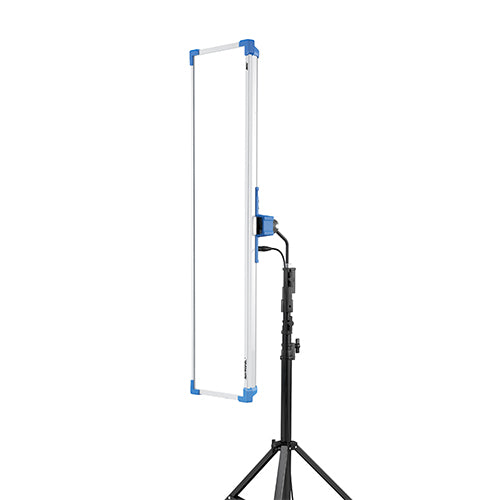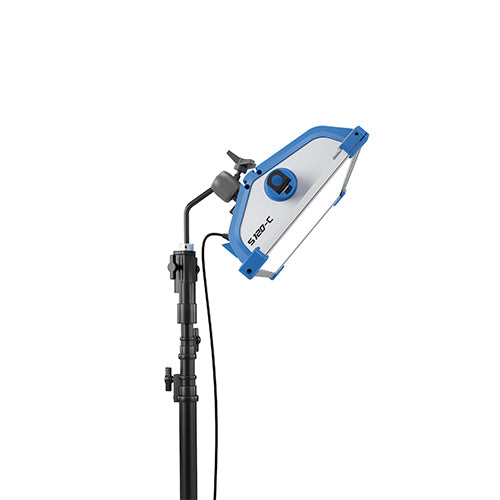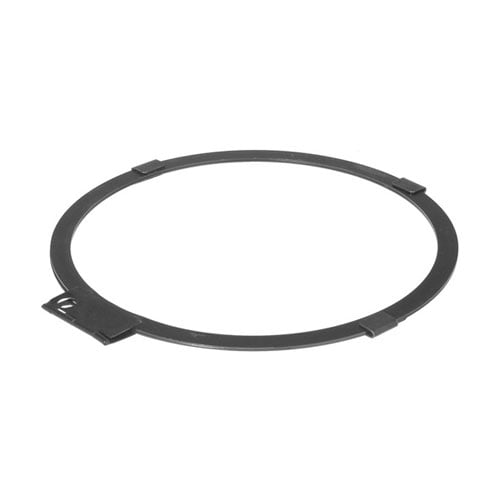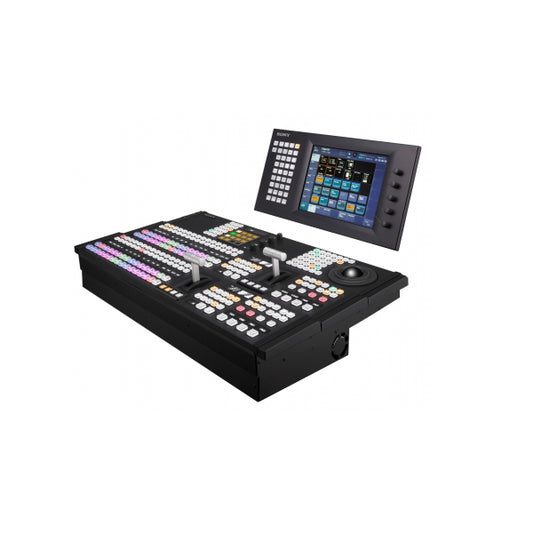What is a digital camera, and what are its advantages?
In the realm of photography, the advent of digital technology reshaped the landscape, ushering in an era of unprecedented convenience, versatility, and innovation. Digital cameras have revolutionized the way we capture, store, and share moments, transforming the art of photography. In this comprehensive exploration, we'll delve into the essence of digital cameras and unpack their myriad advantages.
Understanding Digital Cameras
A digital camera is a device that captures and stores images electronically. Unlike its predecessor, the film camera, which employed photographic film to record images, a digital camera uses an image sensor to capture light and convert it into digital data. This data is then stored on a memory card, allowing for instant viewing, editing, and sharing via various digital platforms.
Evolution of Digital Cameras
The history of digital cameras dates back to the late 20th century, with the first commercially available digital camera, the Dycam Model 1, introduced in 1990. Since then, technological advancements have propelled the evolution of digital cameras at an exponential rate.
Types of Digital Cameras:
- Point-and-Shoot Cameras: These compact, user-friendly cameras are designed for casual photography, offering simplicity and convenience.
-
DSLR (Digital Single-Lens Reflex) Cameras: Known for their interchangeable lenses and superior image quality, DSLRs cater to photography enthusiasts and professionals.
-
Mirrorless Cameras: These cameras eschew the traditional mirror system, providing compactness, versatility, and high-quality images akin to DSLRs.
- Action Cameras: Ideal for capturing adventurous moments, these rugged, small-sized cameras excel in durability and wide-angle shots.
Advantages of Digital Cameras
-
Instant Image Review and Feedback
One of the most significant advantages of digital cameras is the ability to review images instantly. Photographers can assess their shots immediately, allowing for on-the-spot adjustments in exposure, composition, or focus. This real-time feedback enhances the learning curve and facilitates better, more refined photography. -
Flexibility in Storage and Memory
Digital cameras utilize memory cards for storing images, offering immense flexibility in storage capacity. Unlike film rolls with limited exposures, memory cards can hold hundreds or even thousands of photos, enabling photographers to shoot extensively without concern for running out of film. -
Post-Processing Capabilities
Digital images can be edited and enhanced with remarkable ease using a variety of software programs. From basic adjustments like cropping and color correction to advanced techniques such as HDR (High Dynamic Range) imaging and creative filters, the possibilities for refining and perfecting images are virtually limitless. -
Cost Efficiency in the Long Run
Though the initial investment in a digital camera and accessories might seem substantial, the cost efficiency over time is undeniable. With the elimination of film and development expenses, photographers realize significant savings in the long run. Additionally, the reuse of memory cards reduces ongoing expenditure, making digital photography economically advantageous. -
Instant Sharing and Connectivity
The digital nature of these cameras facilitates the seamless sharing of photos across various platforms. With the integration of Wi-Fi and Bluetooth capabilities, photographers can transfer images directly to smartphones, computers, or cloud storage, enabling swift sharing on social media or with friends and family. -
Wide Range of Features and Customization
Modern digital cameras come equipped with a multitude of features catering to various photographic styles and preferences. From advanced autofocus systems to in-camera filters, from high-speed continuous shooting to video recording capabilities in high resolutions, these cameras offer a vast array of options for customization and creativity.
Conclusion
The evolution of digital cameras has not only transformed the art of photography but also democratized it, making it more accessible and versatile than ever before. The advantages of instant feedback, flexibility in storage, post-processing capabilities, cost efficiency, connectivity, and a wide range of features collectively contribute to the unparalleled appeal of digital cameras.
As technology continues to advance, we can expect digital cameras to evolve further, pushing the boundaries of creativity and innovation and empowering photographers of all levels to capture moments with unprecedented clarity, convenience, and artistry.
Camera equipment like tripods, camera cages are equally important in a professional shooting, so do not forget to add these in your backpack for smooth shooting of your videos.
Contact UBMS for more information.
UBMS offers a diverse line of digital cameras catering to various needs and preferences. From entry-level cameras for beginners to high-end professional gear, our range might cover a spectrum of brands and models, ensuring options for different budgets and requirements. Enjoy shopping!












